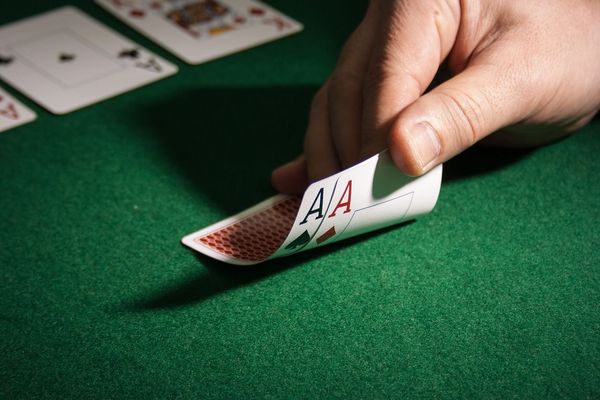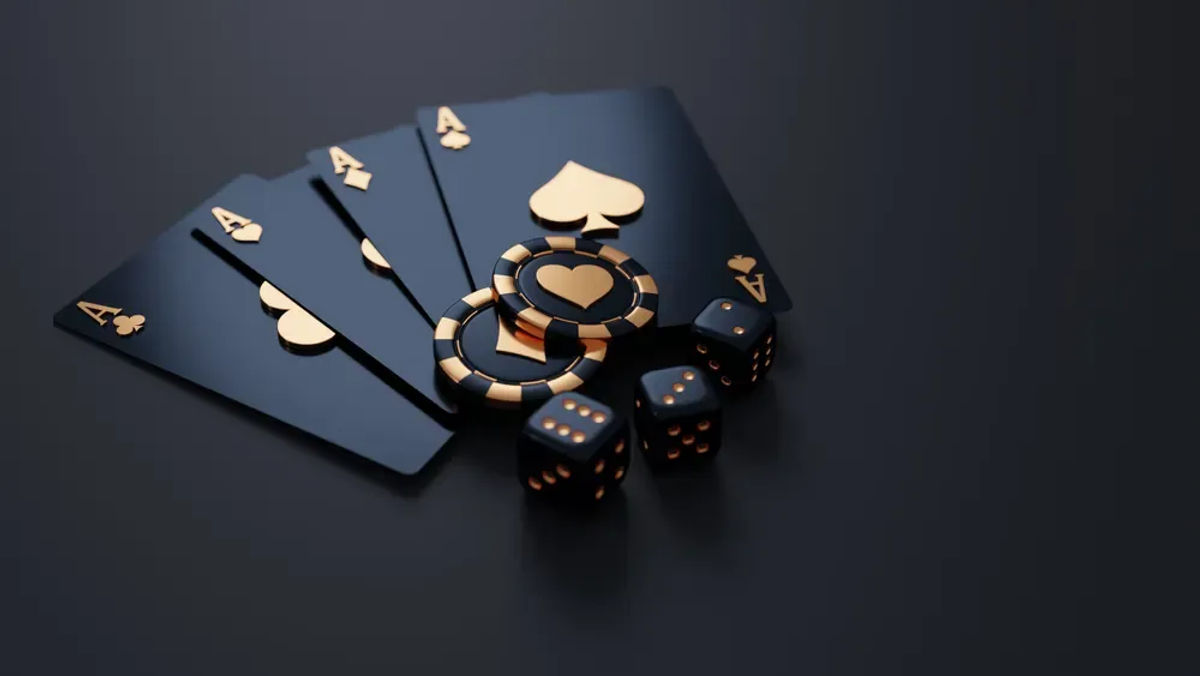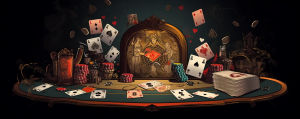What does it mean to be card sharp at gambling?
September 6, 2024

In card games, the term "card sharp" carries a specific meaning, steeped in both admiration and suspicion. But what does it mean to be a card sharp, and how does it differ from being an ordinary player?
What Does "Card Sharp" Mean?
A cardsharp person uses his skills or deception to win card games, such as poker. The most common way they win is through fraud, and in most cases, card sharp is used to describe a person who cheats. Cardsharp can also be written as a card shark, and it has the same meaning. The first term is more common within the UK, whereas the second is in all other countries, especially the US.
A Master of Card Games
At its core, being a "card sharp" refers to someone who is extraordinarily skilled at playing card games, often to the point of outclassing most opponents. Such a person has an in-depth understanding of the mechanics and strategies behind the games they play, whether it’s poker, blackjack, bridge, or other card-based games. Their abilities are honed through countless hours of practice, observation, and learning.
This mastery involves not only knowing the rules but also reading other players, understanding probabilities, and making informed decisions under pressure. A card sharp is known for being highly analytical, strategic, and mentally agile, traits that give them an edge over the competition.

The Fine Line Between Strategy and Cheating
The fine line between being a highly skilled player and a cheater can blur in certain circles, particularly when a card sharp uses techniques that exploit opponents’ weaknesses or take advantage of ambiguous situations.
For example, a sharp might employ psychological tactics, bluffing expertly to manipulate the emotions and actions of others. They might also count cards or track patterns to predict outcomes with greater accuracy, a strategy that walks a tightrope between legitimate play and unethical behavior depending on the rules of the house.
In fact, in some circles, the term "card sharp" is reserved exclusively for those who have crossed the line into deceit, while others use it more loosely to describe any highly proficient card player. This duality in definition is part of what makes the label so interesting - and controversial.
The Psychology of a Card Sharp
Becoming a card sharp requires not just technical skill but also a certain psychological mindset. These players are adept at controlling their emotions, reading the subtle cues of others, and knowing when to push or pull back. A card sharp is often cool under pressure, capable of analyzing complex situations quickly and making decisions that seem instinctive but are, in fact, based on years of experience.
This mental resilience is what separates a sharp from the average gambler. While most players rely on luck or intuition, the sharp leverages probability, pattern recognition, and psychological insights to outwit their opponents.
Famous Card Sharps in History
Historically, card sharps have been figures of both reverence and infamy. Some have been respected for their cunning and intelligence, while others have gained notoriety for their unscrupulous tactics. Notable historical figures in the world of gambling, such as Wild Bill Hickok, have been rumored to walk the line between sharp skills and potential dishonesty.
In modern times, card counting in blackjack - while not illegal - is considered a form of card sharp behavior. Professional poker players like Phil Ivey have also been involved in controversies where their razor-sharp tactics led to legal disputes over whether they were playing fairly or exploiting loopholes in the rules.
Caravaggio's Cardsharps
In 1584, Michelangelo Merisi Caravaggio, the famous Italian painter, created a painting that depicted card players. He named it “The Cardsharps”. Of course, Caravaggio gave the picture a title in Italian, and it is pretty vague. The English translation came afterward. Even though the title might not be completely accurate, the painting shows card players cheating.
However, the cardsharp term was used for the first time in the 19th century to describe the tricksters.
The origin country of the term
The term most definitely appeared in print in the USA and then moved to other countries. In 1859, in a Kansas newspaper, Freedom's Champion, the first term showed up.
Card sharps in pop culture
Cardsharps are no strangers to pop culture. They appear in comic books (Marvel's Gambit), TV series and movies, and video games. If you are looking for an example, watch Friends, Prison Break, or Mission Impossible, and you'll come across it.






